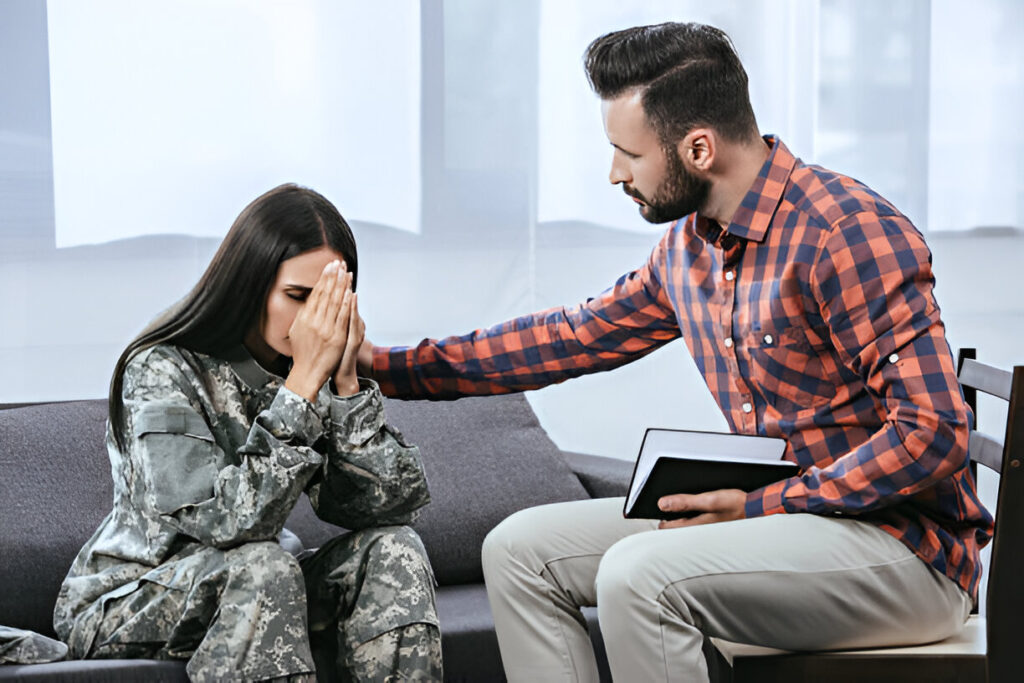In our fast-paced world, mental health has become a critical topic of discussion. Among the many mental health issues, Post-Traumatic Stress Disorder (PTSD) stands out due to its profound impact on individuals and their loved ones. Understanding PTSD and knowing how to support those affected by it can make a significant difference in their journey toward healing.
PTSD is a mental health condition that can develop after a person has experienced or witnessed a traumatic event. This condition is often associated with military veterans, but it can affect anyone, including survivors of accidents, natural disasters, assaults, and other traumatic incidents. Symptoms of PTSD can include flashbacks, nightmares, severe anxiety, and uncontrollable thoughts about the event.
Supporting a loved one with PTSD requires empathy, patience, and a willingness to learn. The first step is to educate yourself about the condition. Understanding that PTSD is a real and serious mental health issue can help you approach the situation with the necessary compassion. It’s crucial to remember that the person is not being difficult on purpose; they are struggling with a complex and debilitating condition.
Communication is key when supporting someone with PTSD. It’s important to create a safe and non-judgmental space where your loved one feels comfortable sharing their feelings and experiences. Listen actively and without interruption, and avoid offering unsolicited advice or trying to “fix” their problems. Sometimes, just being there and acknowledging their pain is the best support you can provide.
Encouraging your loved one to seek professional help is another vital step. Therapists and counselors who specialize in PTSD can offer effective treatments, such as cognitive-behavioral therapy (CBT) and Eye Movement Desensitization and Reprocessing (EMDR). These therapies can help individuals process their trauma and develop coping strategies. If your loved one is hesitant to seek help, gently express your concerns and the benefits of professional support, but avoid pressuring them.
Creating a sense of stability and routine can also be beneficial for someone with PTSD. Traumatic events often leave individuals feeling unsafe and out of control. Establishing a predictable daily routine can provide a sense of security and normalcy. Encourage healthy habits, such as regular exercise, balanced nutrition, and sufficient sleep, which can improve overall mental health and resilience.
Understanding triggers is another crucial aspect of supporting someone with PTSD. Triggers are specific sights, sounds, or situations that remind the individual of their traumatic experience and cause intense emotional reactions. Help your loved one identify their triggers and develop strategies to manage them. This might include creating a calm environment, avoiding certain topics or places, and practicing grounding techniques during moments of distress.
Patience is paramount when supporting someone with PTSD. Healing from trauma is a long and non-linear process. There will be good days and bad days, and it’s important to be patient and understanding throughout this journey. Celebrate small victories and progress, and offer reassurance during setbacks. Your consistent support can provide the stability and encouragement your loved one needs to keep moving forward.
It’s also important to be aware of and manage your own expectations. Understand that you cannot “cure” your loved one’s PTSD, but you can be a significant source of support and encouragement. Focus on being a compassionate listener, a steady presence, and an advocate for their well-being.
Supporting a loved one with PTSD is a challenging yet rewarding endeavor. By educating yourself, fostering open communication, encouraging professional help, practicing self-care, creating stability, understanding triggers, and exercising patience, you can make a meaningful difference in their journey towards healing. Remember, your support can provide the foundation of love and stability they need to navigate the complexities of PTSD and work toward a healthier, more fulfilling life.


